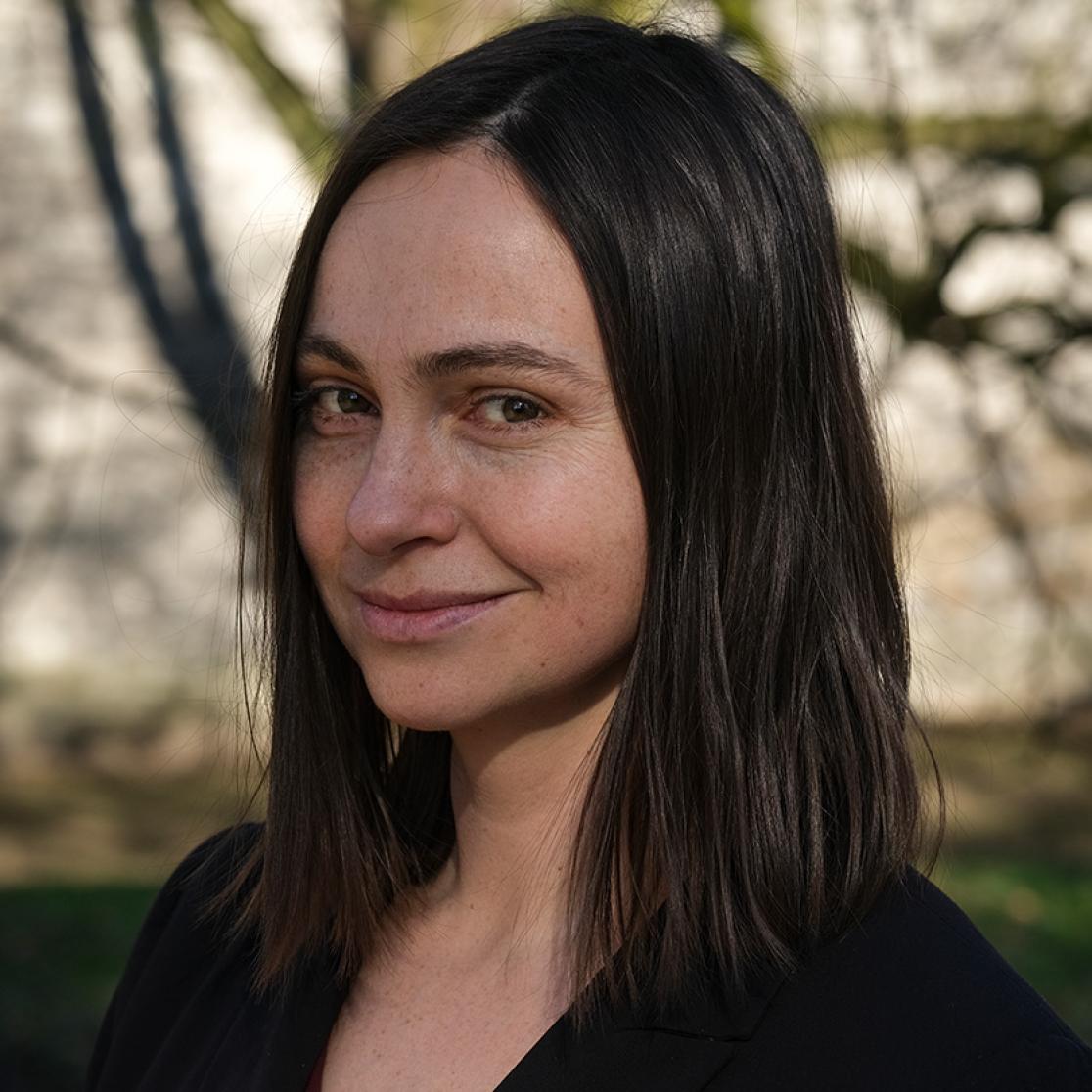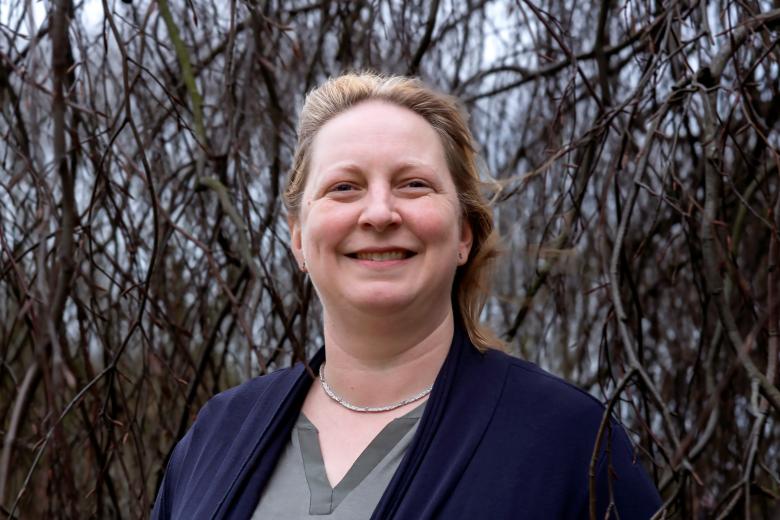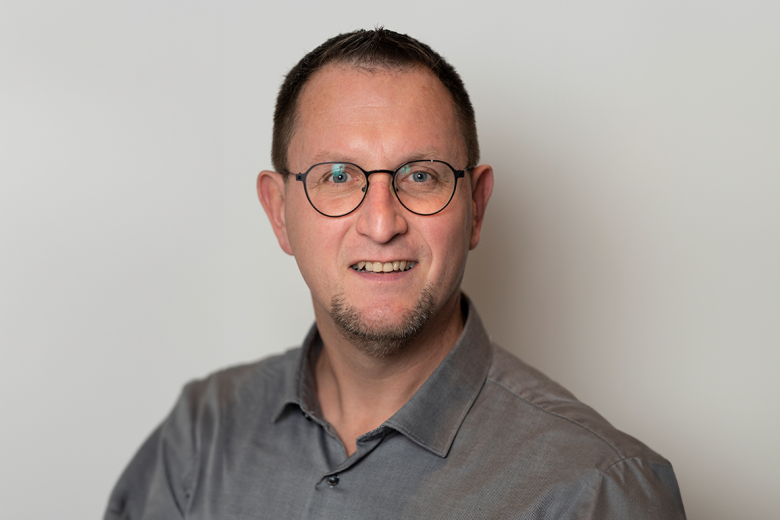€570.000 for mathematics to aid metastatic cancer treatment
The Netherlands Organisation for Scientific Research (NWO) has awarded a KLEIN-2 grant to Dr. Kateřina Staňková of UM’s Department of Data Science and Knowledge Engineering and to Dr. Johan Dubbeldam of TU Delft.
As NWO puts it, KLEIN grants are meant to “elaborate creative and risky ideas and to realise scientific innovations that can form the basis for the research themes of the future”. The grant allows Dr. Staňková to lead further research into mathematical models with the goal of informing metastatic cancer treatment.
Helping doctors keep tumours in check
Dr. Staňková and colleagues previously published the idea that cancer treatment can be seen as a mathematical ‘game’ between a doctor and the cancer cells that make up a tumour. As a game theorist, Dr. Staňková builds mathematical models of these interactions and tries to derive the optimal treatment strategy from them. The results can be counterintuitive: in some cases, the math suggests a situation where patients benefit from less exposure to cancer drugs.
Challenging the paradigm
What makes this type of research ‘creative and risky’ - and potentially groundbreaking - is the fact that it goes against standard medical practice. In an effort to wipe out the tumour, doctors currently tend to administer the highest possible drug dose. In response, tumours can develop resistance to medication.
“The question is whether someone benefits from aggressively trying to kill the tumour, or from a strategy aimed at keeping the tumour under control”, Dr. Staňková explains. For treatment of metastatic cancers, especially in patients with a poor prognosis, preventing the tumour from developing drug resistance may be more beneficial. Because of the severe side effects of cancer medication, using drugs less frequently and in lower doses allows some patients to live longer and with better life quality.
| So-called evolutionary therapy – which is aimed at keeping the tumour from developing resistance through mathematically predicted drug doses – is currently undergoing trial investigations for the treatment of metastatic thyroid, prostate and skin cancer. In these trials, even simple forms of evolutionary therapy appear successful in keeping tumours at bay for longer periods of time. |

Further reading
Also read
-
DigiMach: Digital Transformation of the Machining Value Chain for Sustainable Growth
DigiMach is a transnational 3-year collaborative approach that will transform manufacturing across the Meuse-Rhine region by bringing AI, IoT, and robotics to small and medium-sized enterprises in the machining sector. The project will assist more than 150 SMEs to adopt smart, digital tools, through...
-
Working at UM: “a life-changing experience”
"I am proud that our new Circular Plastics group published its first completely in-house research," Kim Ragaert says. She founded the research group three years ago, when she moved to Maastricht. Her work has laid the foundations for many innovations in the field of plastic recycling, and she is...
-
How does the universe taste?
Gerco Onderwater investigates the flavour of the universe while guarding the flavour of the Maastricht Science Programme. On 31 May, during his inaugural lecture, he provided a pre-taste of his work in Maastricht.